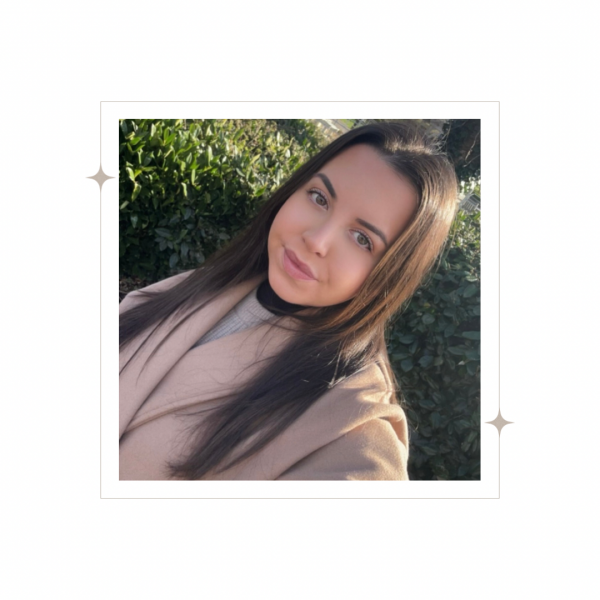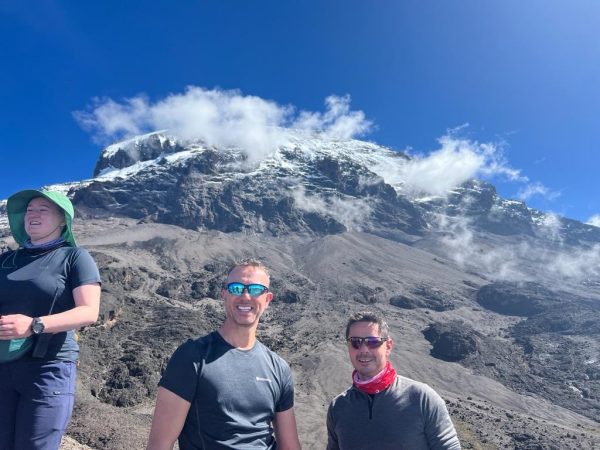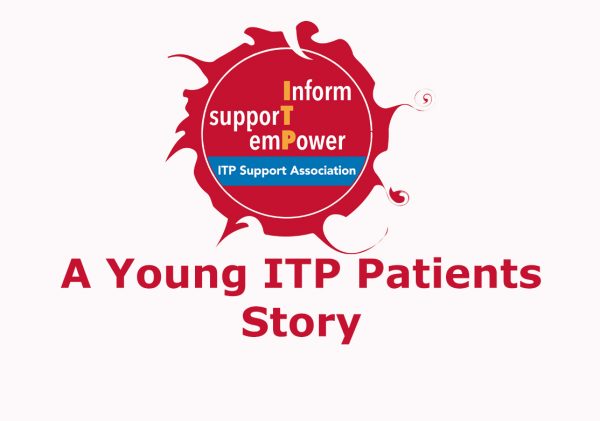No products in the cart.

INTERNATIONAL UPDATE for 2019
INTERNATIONAL UPDATE for 2019
By Derek Elston, Trustee, ITP Support Association
The last twelve months have been extremely busy with the association being involved in representing ITP patients not only within the United Kingdom, but also within Europe and beyond.
Whilst much of the involvement has been reported in previous editions of the Platelet, a recap of the year illustrates what is and has been happening around the world with which we have been directly associated. The adage of the world becoming smaller is well known, but it is certainly true with regard to ITP. With the advent of new drugs from various pharmaceutical companies in the pipeline, life is becoming very interesting.
The start was in January with a meeting in Amsterdam with UCB Pharmaceuticals Patient Council on ITP. This was the first meeting of the council and was attended by our CEO and other representatives of the European groups. In March I attended the annual meeting of the Protein Plasma Therapeutics Association, an organisation of which we are a stakeholder., The venue was Amsterdam. The main topic was the shortage of Ivig and how it could affect ITP and neurological patients worldwide.
The beginning of April saw a close collaboration with Novartis and the first ITP convention to be organised in Ireland for many years. A successful meeting with a good attendance from both North and Southern Ireland. It is planned that this will be repeated next year.
Later this month saw a meeting in London under the name of the ITP Assembly. This was organised for ITP physicians and chaired by Dr. Nichola Cooper with ITP specialists from the USA, Europe and the United Kingdom.
May saw the annual European Haematology Association (EHA) meeting, again in Amsterdam. The attendees at this conference are from the world over and this year saw record numbers of 12,000 plus. I represent the European ITP groups on the patient’s workgroup together with sixteen other medical conditions, both malignant and non-malignant. The workgroup is strongly represented on various committees of EHA and is becoming a much valued and important part of EHA. This year they were allocated a full day’s conference facility and considered such diverse matters as T-cell replacement therapy. Whilst not being relevant to ITP, it proved a most popular presentation with an overflow of attendees into the emergency seating area.
The ITP groups attending included PDSA from the USA, and representatives from Finland; The Netherlands; Denmark and Italy.
EHA provided a booth for the patients in a prominent location and the literature which we and other groups provided was soon depleted. It proved a very good meeting and networking desk for the representatives and the clinicians. Incorporated within the conference was a meeting with the EHA policy committee.
Two weeks later, this meeting was followed by a committee meeting in The Hague at EHA offices considering the following years program.
The end of July saw the third meeting of the ITP International Alliance in Washington DC. A three-day conference attended by our CEO along with representatives from China, New Zealand, South America and Europe. It is hard to believe that this international group has grown at such an alarming rate since inception only three years ago following an initiative by PDSA and ourselves whilst at the EHA meeting in Copenhagen. With 32 country members from around the world and still growing. Collaboration is inevitable and extremely valuable. We learn so much about the problems encountered in other countries.
In September we were invited to a meeting in Brussels by UCB to attend the patient’s council to consider further the development of their new drug. This meeting was attended by our CEO and myself together with representatives from the patient groups of Finland; Sweden; Denmark and Italy via telephone link. A very interesting and fruitful day for all concerned. We understand UCB derived considerable knowledge from this meeting which at times was lively. The following day I was attending a UCB new meds congress in Eindhoven, The Netherlands. I was addressing another group of medics and chemists telling them about ITP and the impact this condition has on its patients. At this meeting I met one of their employees who also suffers from ITP. Needless to say, we had a long conversation.
In October, UCB invited us to attend a meeting in Ghent, Belgium and provide a presentation to another division of UCB on how ITP affects its patients. This meeting was also attended by Dr. Nichola Cooper. Interestingly, neither of us were allowed to hear the others presentation. My presentation was to provide insight into ITP and the patients perspective. Dr Cooper was to talk about administration of medication and diagnosis.
At the end of October, I attended an EHA policy committee meeting in The Hague considering the further relationship of the patient’s workgroup within EHA. Coupled with an in-depth discussion into the relationship and the contributions patients have to offer to the medical profession and pharmaceutical companies alike.
In November Novartis organised an advisory board meeting in Madrid. I was extremely pleased to represent patients at this meeting. This was a truly international meeting of haematologists from Hong Kong, Canada, USA and Europe. I was supported by two patients from the Israel support group. My presentation was the patient’s perspective in relation to tapering and discontinuation of medication.
In addition to the above, we have been involved in teleconferences at various times with all the pharmaceutical companies; organisations and other patient groups in varying parts of the world. A useful way in which to communicate and save on expenses but not always as beneficial as a face to face meeting.
The year has been very active and next year is looking very much in the same mode. I certainly have conferences booked in Berlin and Frankfurt. The international global alliance is proposed with a meeting in Italy in 2020 and we are already considering Poland for the following year. I feel sure that if anybody would like to attend either, they would be sure to receive a warm welcome.
As to the future, there will be closer co-operation between countries that is certain. Medication is improving as is the care afforded to patients. Far more is known now about ITP than has ever been known and I feel sure, knowledge will improve and expand and working closely as we are doing, can only be beneficial for patients.



